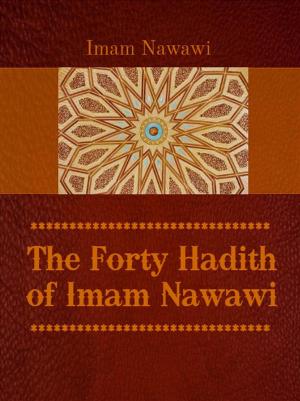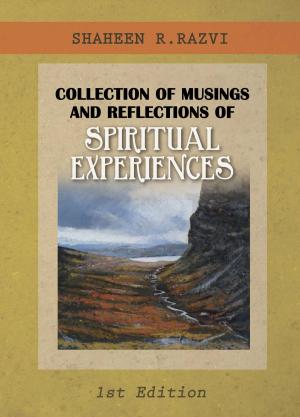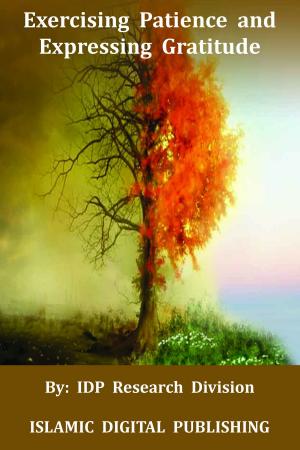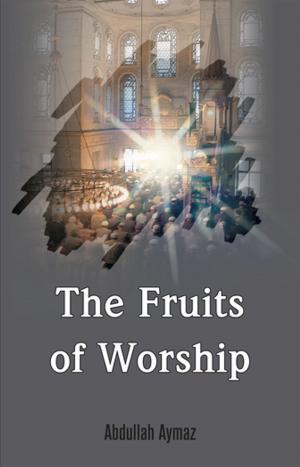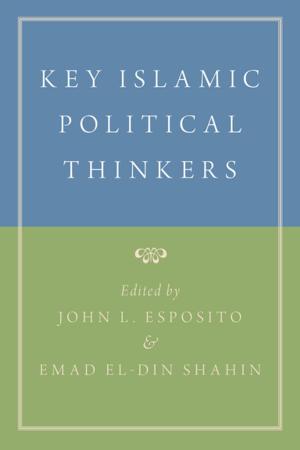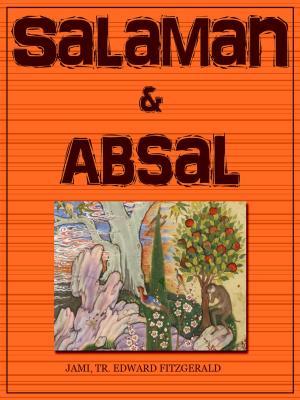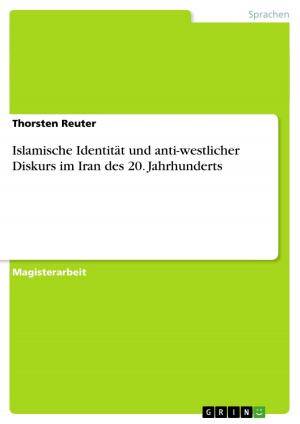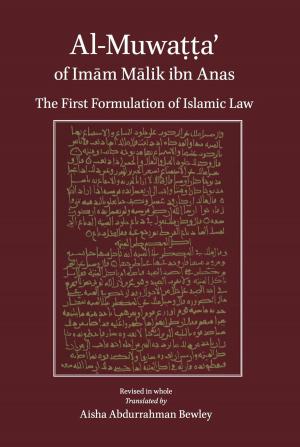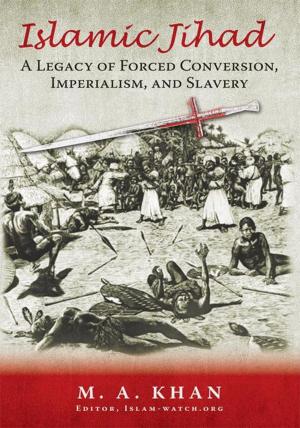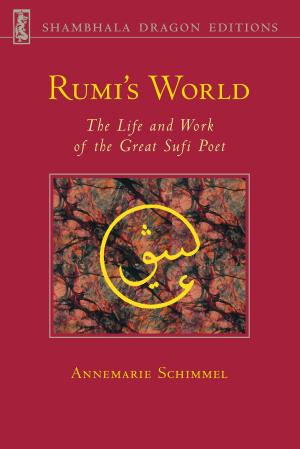Mu'tazila - Use of Reason in Early Islamic Theology
Nonfiction, Religion & Spirituality, Middle East Religions, Islam| Author: | Matthew Martin | ISBN: | 9781386493723 |
| Publisher: | Matthew Martin | Publication: | March 10, 2018 |
| Imprint: | Language: | English |
| Author: | Matthew Martin |
| ISBN: | 9781386493723 |
| Publisher: | Matthew Martin |
| Publication: | March 10, 2018 |
| Imprint: | |
| Language: | English |
There were religious disagreements and debates in the early phases of Islam, before it coalesced into a unified religious creed with definitive positions on important religious questions. The Mu'tazila movement emerged in the Umayyad Era and reached its most popularity in the Abassid period. They were distinctly known for using reason and logic in quranic interpretations and in theological arguments, one of which revolved around the early controversy over human free will vs. divine determinism. Mu'tazilites maintained that reasoning and a developed intellect are crucial for man, needed to complement revelation and faith.The Mu'tazila became a significant defending force for Islamic revelation in the early occupied lands, because they were apt at using reasoning in various theological debates with Christians and other faiths. Scholarship on the movement stagnated for centuries, owing to an absence of sympathetic accounts (and an abundance of hostile accounts) of the movement, and because its strongest adherents and main texts were eventually eliminated from Sunni Islamic history.
There were religious disagreements and debates in the early phases of Islam, before it coalesced into a unified religious creed with definitive positions on important religious questions. The Mu'tazila movement emerged in the Umayyad Era and reached its most popularity in the Abassid period. They were distinctly known for using reason and logic in quranic interpretations and in theological arguments, one of which revolved around the early controversy over human free will vs. divine determinism. Mu'tazilites maintained that reasoning and a developed intellect are crucial for man, needed to complement revelation and faith.The Mu'tazila became a significant defending force for Islamic revelation in the early occupied lands, because they were apt at using reasoning in various theological debates with Christians and other faiths. Scholarship on the movement stagnated for centuries, owing to an absence of sympathetic accounts (and an abundance of hostile accounts) of the movement, and because its strongest adherents and main texts were eventually eliminated from Sunni Islamic history.



